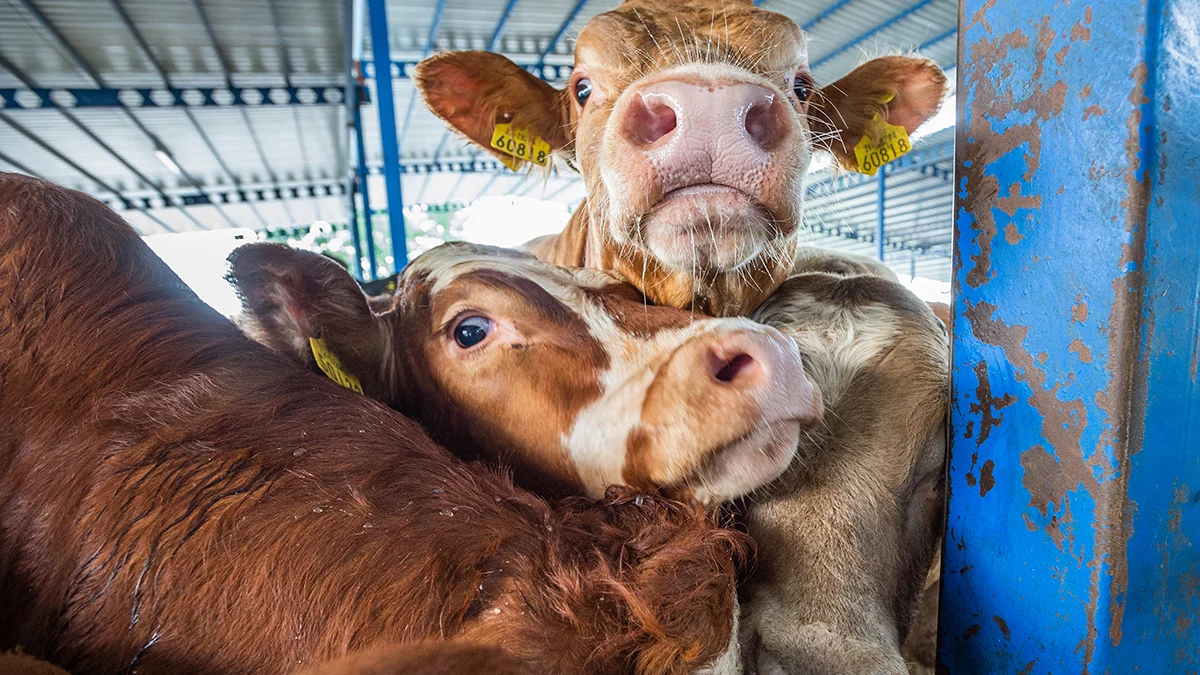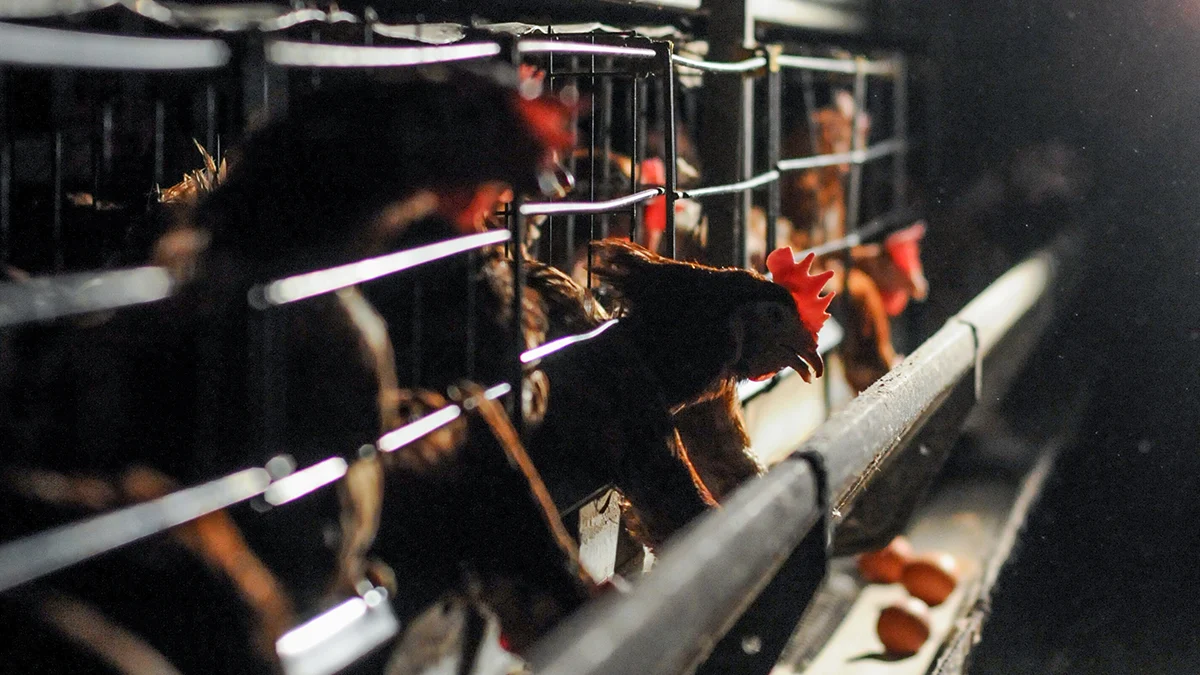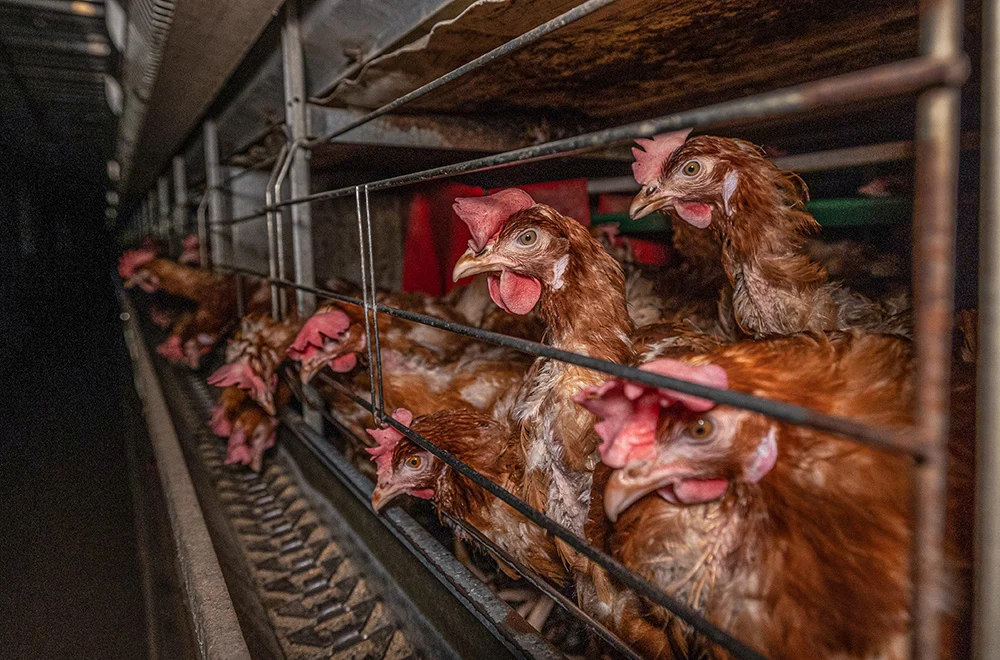As Commission President Ursula von der Leyen delivers her State of the Union address, we note the absence of any mention of plans that will improve the lives of Europe’s animals.
We know that animals are important to EU citizens. In the Special Eurobarometer on animal welfare in 2023, 84% of Europeans believed that the welfare of farmed animals should be better protected in their country. 83% supported limiting the transport time of animals, and almost three quarters (74%) supported better protection of the welfare of companion animals. A whopping 90% of Europeans consider that farming and breeding practices should meet basic ethical requirements.
It’s not just an attitude; Europeans are also backing up their values with action too. 60% were willing to pay more for animal-welfare-friendly products, a number that has remained stable since 2015, showing that Europeans stand by their values even in times of hyperinflation. In addition, the ‘End the Cage Age’ ECI gathered no fewer than 1.4 million signatures, and so far is the only ECI to receive a positive commitment from the Commission in 2021—on which, sadly, they have not yet delivered.
With such public opinion, the Commission would do well to listen. An ambitious review is expected by citizens, and here is what needs to be done to improve the lives of the animals who are suffering the most:
- an end to caged farming
- improved chicken welfare
- reduced stocking densities on farms
- no more routine mutilations
- better welfare for aquatic animals
- reducing live animal transport
- a phase-out of cruel stunning and slaughter methods
Of these seven issues, only animal transport is currently under discussion at EP level; but the file has stalled, as the MEPs are failing to find common ground. Though we eagerly await future proposals that will address more of these issues, we fear that this problem will reoccur; that the vastly different attitudes between the parties towards animals will mean more stalemate situations and fewer concrete actions progressing.
“While we hope that policymakers will show much needed ambition, and that the deadlock on the animal transport file will soon be broken, we also hope that a more constructive attitude from some political forces that are currently pushing to decrease protections for animals will emerge—and that a long overdue modernization of the relevant standards on the treatment of animals is promoted by all political actors,” says Gabriela Kubíková, the European Institute for Animal Law & Policy’s Legislative Advocacy Manager. “The EU’s citizens have made their feelings about animals very clear, and it would behoove all parties—no matter where on the political spectrum they lie—to listen.”




